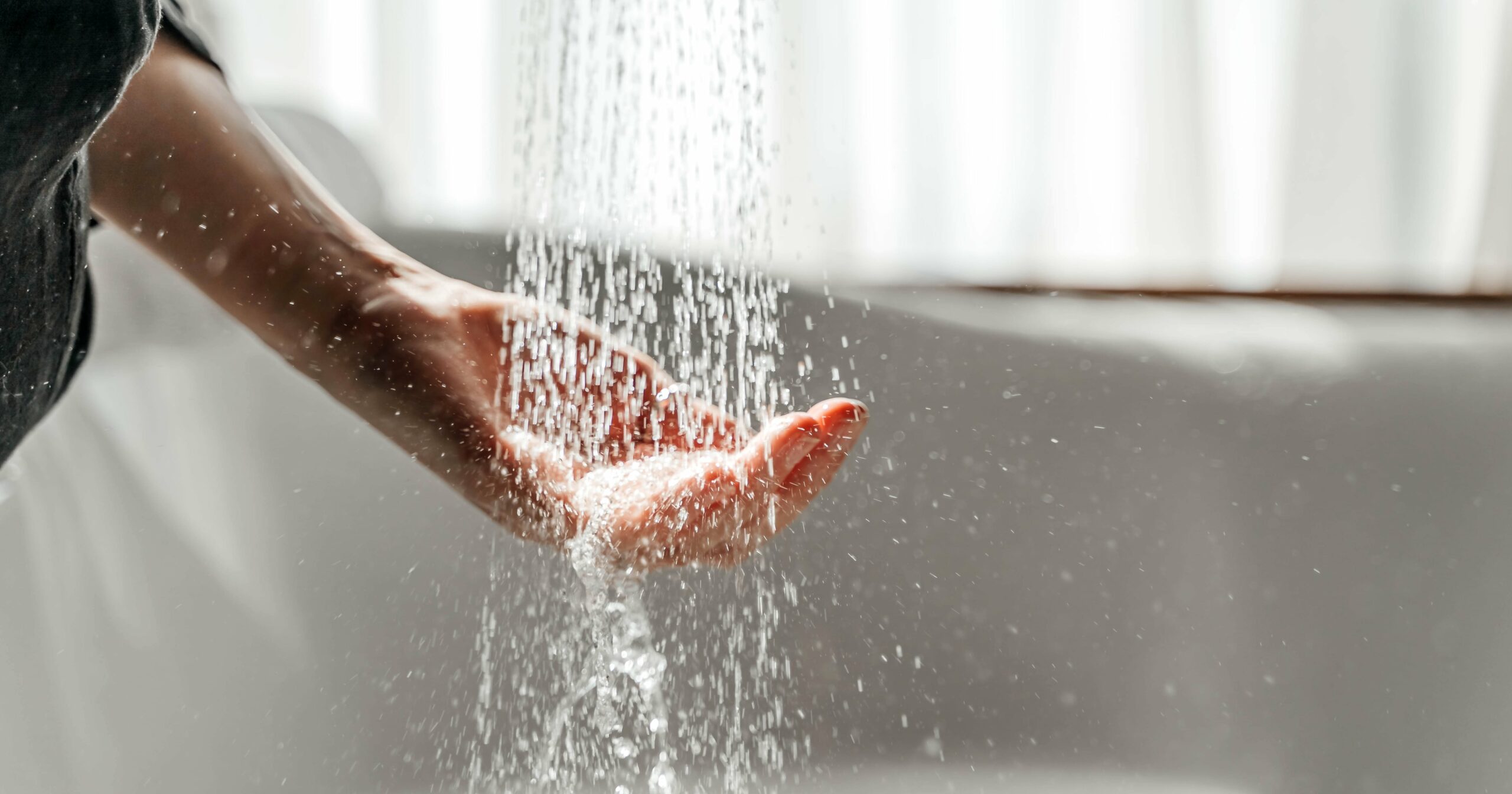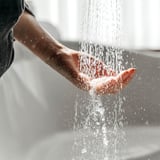It can be a long journey to soothe certain skin irritations, including eczema, which can be unpredictable and hard to treat. Those with eczema are often prone to skin sensitivities, so when certain treatment options begin trending, it can be tempting yet nerve-wracking to get the courage to try them out. One treatment route that you either sing its praises or err on the side of caution of are bleach baths.
The word “bleach” associated with anything that involves your skin may give you pause, and rightfully so! Putting bleach on your skin is a big “no, no” we’ve all heard throughout our lives. However, bleach baths are a treatment option many rely on when it comes to alleviating eczema flare-ups and side effects.
So, what exactly are bleach baths, and do they work? We spoke with two board-certified dermatologists to help us understand everything about bleach baths and their effectiveness and safety for treating eczema.
Experts Featured in This Article
Howard Sobel, MD, is a cosmetic dermatologic surgeon and the founder of Sobel Skin.
Jody Alpert Levine, MD, FAAD, FAAP, is a New York-based dermatologist.
Can Bleach Baths Help Eczema?
First, it’s worth noting eczema comes in many different forms and can affect people in a variety of ways. Put simply, it is “an excess inflammation of the skin that can be caused by an overactive immune system,” says cosmetic dermatologic surgeon Howard Sobel, MD.
“There are many causes of eczema, including environmental factors and allergens such as dust and fragrances,” board-certified dermatologist Jody Alpert Levine, MD, FAAD, FAAP says. “There is also evidence to suggest that genetics and immunity are factors in the development of eczema.”
When someone experiences eczema, their skin barrier allows moisture to escape and external irritants to enter the body. “The inflammation can lead to itchy skin, rough patches, crusting and swelling of the skin as well as dark patches,” Dr. Sobel says.
Bleach baths are something people are doing in hopes of helping soothe their eczema. “There is research that suggests that very diluted baths containing bleach may reduce symptoms associated with eczema,” Dr. Sobel says. In the study, researchers wanted to see if bleach baths would decrease the severity of those struggling with eczema symptoms. They found that this treatment option is effective in decreasing symptoms, but they aren’t more effective than a simple bath with just water.
So, how does it work? “In theory, reducing bacteria on the skin does help reduce the risk of skin irritation,” Dr. Levine says. There is some belief that the diluted bleach will minimize inflammation and bacteria growth, thereby improving eczema flare-ups. “However, it is important to note that precautions should be taken with bleach baths since there are various triggers of eczema,” she adds. “Eczema leaves your skin with increased sensitivities and bleach is made with a lot of harsh chemicals that can dry out the skin and cause further irritation.”
Unfortunately, there are some side effects to doing a bleach bath. “They can further exacerbate one’s eczema, dry out the skin, or cause stinging or burning,” Dr. Levine says.
How Do You Do a Bleach Bath?
Dr. Levine says a bleach bath consists of a very small amount of bleach, about half a cup of bleach, and lukewarm water in a full bathtub. You can soak the affected parts of your body in the bath for up to 10 minutes. Following the bath, you should take a shower and rinse your body well with soap and pat your skin dry. You’ll want to make sure your body is well moisturized prior to the shower as well.
When it comes to how often you do a bleach bath, you should consult your doctors to gauge a proper timeline, however, Dr. Levine doesn’t recommend doing them more than once a week.
Alternative Eczema Treatments to Beach Baths
Dr. Levine doesn’t recommend bleach baths to her patients “as there are many other treatment options that are much gentler on the skin, which I find important when treating eczema.”
Instead, she suggests an oatmeal bath, which can soothe the skin, reduce inflammation, and help hydrate the skin. “Additionally, I recommend applying a gentle moisturizer multiple times daily, particularly after showering or bathing, avoiding triggers, reducing stress, and consulting with a board-certified dermatologist for treatment.”
Dr. Sobel shares that there is a new class of oral medications such as Dupixent, Cinqo, and Rinvoq that can be prescribed by your physician to help alleviate side effects of eczema.
Before conducting a bleach bath, it’s important to speak to your physician and/or board-certified dermatologist to learn more about the potential side effects and if it’s the right option for treating your eczema.
Sydney Wingfield has been a freelance writer in the beauty and wellness space for six years. She has written for Women’s Health, Marie Claire, Glamour, and other publications and loves to cover all things skin care, makeup, and hair.




